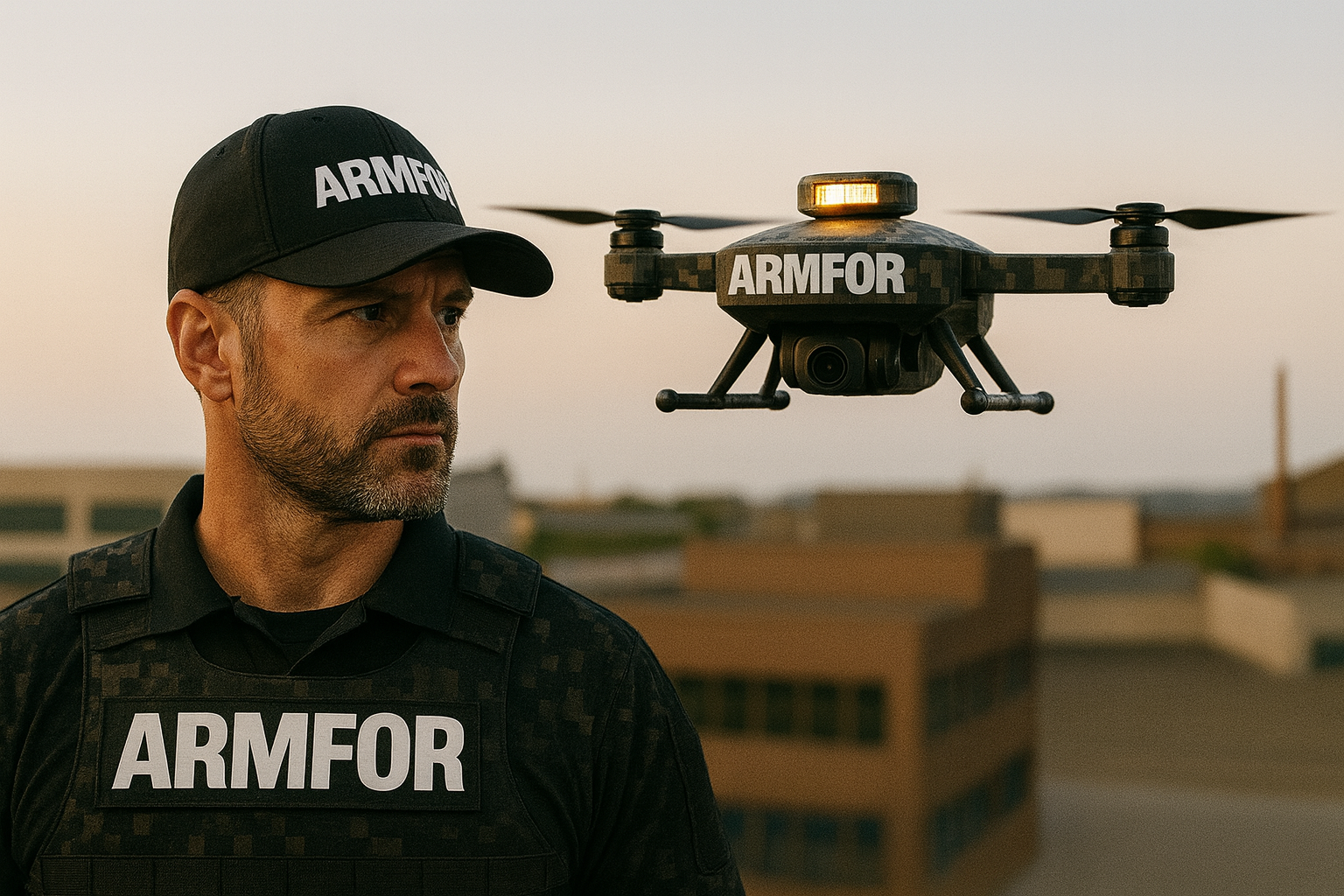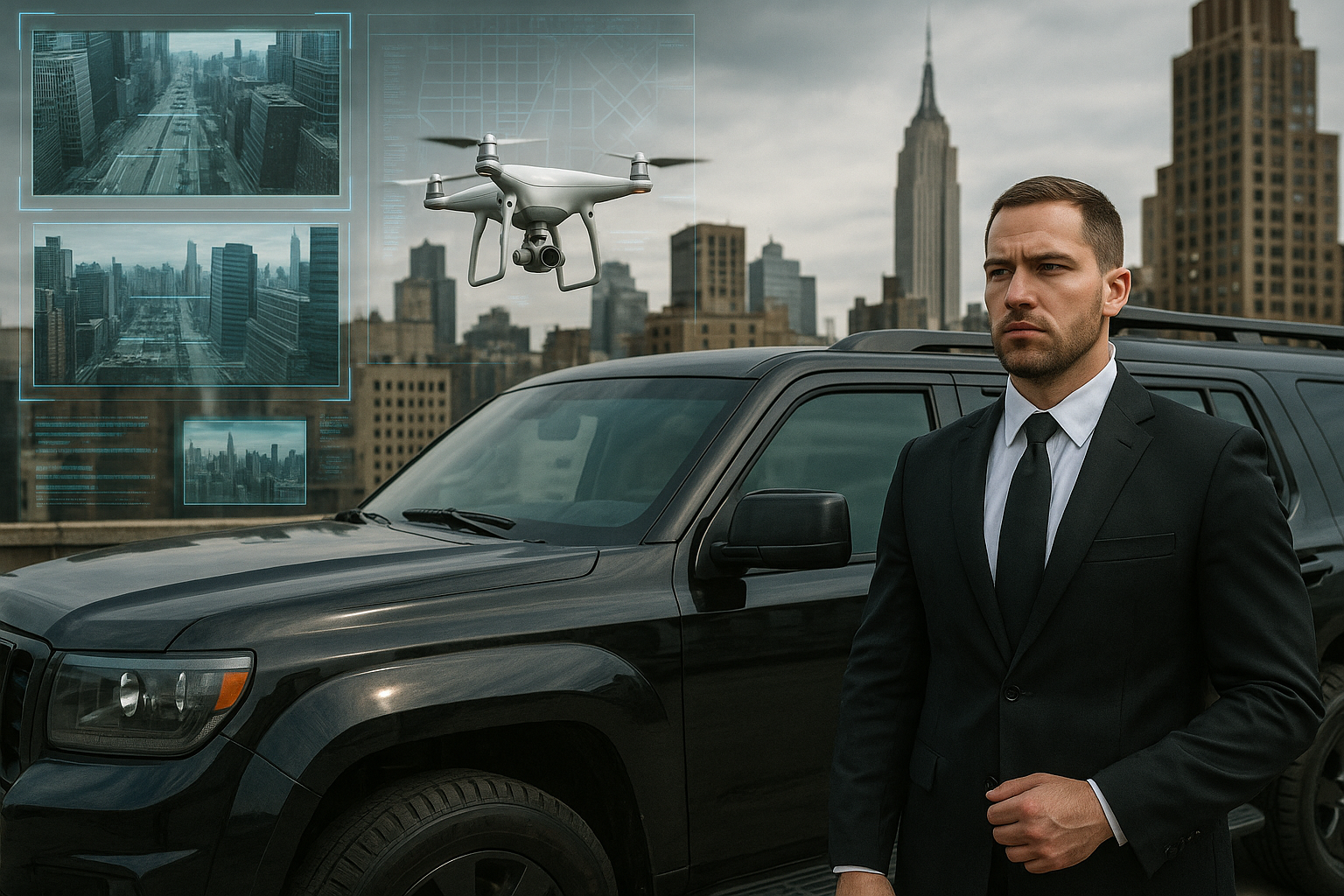Contact us
Office
New York, NY 10017
(212) 425-8000
info@armfor.com
FAQ
-
What are the steps to hire security?
Hiring a security guard service with ARMFOR is a simple and efficient process. Here’s how it works:
1️⃣ Provide Key Details
Share your security schedule (hours, days, and duration of coverage).
Define the scope of services (e.g., access control, patrolling, surveillance, event security).
Specify the responsibilities you expect from guards (e.g., monitoring entry points, deterring trespassers).
Choose armed or unarmed security based on your needs.
Let us know if you need specialized personnel (e.g., off-duty police, executive protection).
2️⃣ Get a Customized Security Plan
Based on your requirements, we’ll create a tailored security plan that fits your property, business, or event.
3️⃣ Review & Approve the Proposal
We’ll provide a detailed quote outlining costs, services, and deployment strategies.
4️⃣ Deploy Security Personnel
Once approved, we’ll assign trained security professionals to your site.
You’ll have a dedicated point of contact to ensure seamless coordination.
5️⃣ Ongoing Support & Adjustments
We provide real-time updates, reporting, and adjustments to ensure maximum security coverage.
-
How far in advance should I book security services?
We recommend booking as early as possible to ensure availability, especially for high-demand events or long-term contracts.
For ongoing security needs (businesses, residential properties, corporate offices): 1-2 weeks in advance is ideal.
For event security: At least 2-4 weeks in advance is recommended, especially for large-scale events.
For urgent security needs: Contact us immediately—we offer rapid deployment services based on availability.
-
What industries does ARMFOR provide security for?
ARMFOR offers customized security solutions for a variety of industries, including:
Corporate & Office Buildings – Reception security, access control, and executive protection.
Retail & Shopping Centers – Theft prevention, loss prevention officers, and customer safety patrols.
Construction Sites – Overnight patrols, trespasser deterrence, and equipment protection.
Residential Communities – Gated community guards, mobile patrols, and concierge-style security.
Events & Venues – Concerts, VIP security, crowd control, and emergency response teams.
Industrial & Warehousing – Asset protection, 24/7 surveillance, and perimeter security.
Need a security solution tailored to your industry? Contact us today!
Write us
Contact Us
We will get back to you as soon as possible.
Please try again later.
Contact Us
Subscribe to our newsletter
Journal






